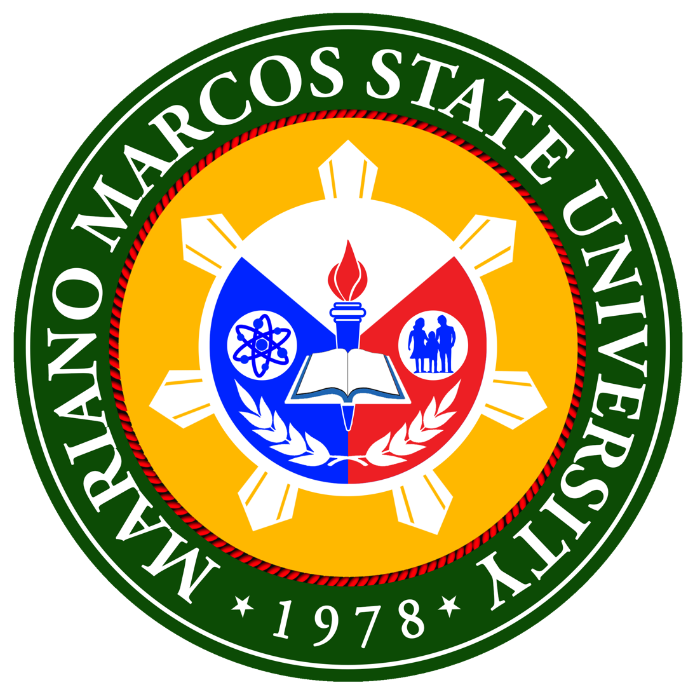DAR validates MMSU land use suited for academic, R&D programs
By REYNALDO E. ANDRES
Officials of the Department of Agrarian Reform (DAR) in Ilocos Norte validated on May 27 some 191.06 hectares of experimental farms owned by the Mariano Marcos State University (MMSU) in compliance with Executive Order No. 75, which directs the agency to identify government-owned lands (GOL) that are not properly utilized.
The move was in accordance with the EO, signed by President Rodrigo Roa Dueterte in February 15, 2019 that governs the identification, validation, segregation, transfer and distribution of all GOLs, devoted to or suitable for agriculture and which are no longer used for the purpose for which they have been acquired so that these will be distributed to qualified beneficiaries.
In a preliminary meeting held at the FEM Conference Hall, Engr. Vic M. Ines, Ilocos Norte Provincial Agrarian Reform Officer, said the validation is very crucial to determine whether MMSU lands are covered by the implementing rules and regulations (IRR) of EO 75.
Ines said that the “DAR has formed teams to see if these landholdings are properly utilized for agricultural production purposes.”
Meanwhile, MMSU main campus in Batac City occupies 300 hectares intended for academic, research, extension, and production purposes. About 191.06 hectares of this are being used as experimental areas for the university and its five attached agencies -- the Department of Agriculture (DA), Philippine Rice Research Institute (PhilRice), Agricultural Training Institute (ATI), Philippine Carabao Center (PCC), and the Philippine Fiber Development Administration (PhilFIDA) -- all established in the main campus.
In her presentation before the DAR officials, MMSU President Shirley C. Agrupis said the total landholdings of MMSU are covered by Presidential Decree 1279 and that all these lands are being used to “qualify us to offer BS Agriculture, BS Forestry, and BA Agricultural Engineering courses.”
“You see, since I assumed the MMSU presidency, many new programs and project are being implemented using these land areas to further our development efforts to benefit our stakeholders,” Dr. Agrupis said.
Dr. Agrupis said that one of these is the university’s Coordinated Agribusiness, Research, and Extension Strategies (CARES) program, which is aggressively being implemented to help farmers in two barangays cope with crop production crisis.
The CARES is a newly-established development program of MMSU that involves technology promotions, utilization, and transfer of modern farm technologies to farmers for increased productivity. It aims to share the latest production technologies developed by the university, and properly address the ever-increasing number of farmers cultivating the farms.
In just one year after its implementation, the university received a share of 26,621 kilos of fresh palay from 88 farmers, an impressive production debut to help sustain Ilocos Norte’s sufficiency in rice.
“Aside from our agricultural development programs, we also share our landholdings to five government agencies such as the PCC (4.93 hectares), DA (3.90 hectares), NTA and PhilRice (10.01 hectares), and PhilFIDA (13.51 hectares),” the president said.
She emphasized that these 191.06 hectares that are undergoing validation are not enough considering the requirements of the Commission on Higher Education (CHED) of 50 hectares each for our BSA, BSF, and BS Agricultural Engineering courses.
Knowing the importance of these efforts, Engr. Ines said that after the preparation of the total inventory of the coverable GOLs, final validation of the listed lands shall be undertaken by the DAR, in coordination with the Department of Environment and Natural Resources (DENR) and the DA.
The DAR shall confirm the compliance of the coverable GOLs in an outlined criterion while the DA and the DENR shall ascertain their suitability for planting and for land classification and slope, respectively. (StratCom)
Written By:
Administrator
Other News
Parnuay rolls out discussions aligning education with creative industries
Ph Coastguard spox leads Parnuay session on West Ph Sea transparency
Malikhaing Pilipinas vision, focus of plenary sessions at 𝘗𝘢𝘳𝘯𝘶𝘢𝘺 Creative Summit
CHED and MMSU conclude Parnuay: Creativity Summit
Cebu students find healing in music… all the way to Ilocos Norte

